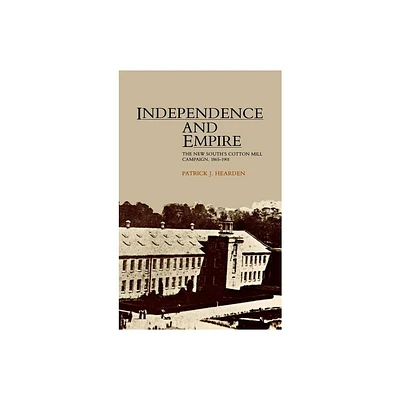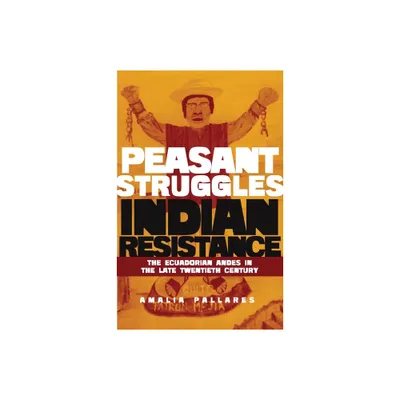Home
Fugitive of Empire: Rash Behari Bose, Japan and the Indian Independence Struggle
Loading Inventory...
Barnes and Noble
Fugitive of Empire: Rash Behari Bose, Japan and the Indian Independence Struggle
Current price: $35.00


Barnes and Noble
Fugitive of Empire: Rash Behari Bose, Japan and the Indian Independence Struggle
Current price: $35.00
Loading Inventory...
Size: Hardcover
*Product Information may vary - to confirm product availability, pricing, and additional information please contact Barnes and Noble
In 1912, Rash Behari Bose made his dramatic entrance into India's anti-colonial freedom movement when he orchestrated a bomb attack against the British Viceroy during a public procession in Delhi. Forced to flee his homeland, Bose settled in Japan, becoming the most influential Indian in Tokyo and earning the affectionate title 'Sensei' among Japanese youth, military personnel and far-right ultranationalists.
Throughout the 1920s and 1930s, Bose remained a perpetual thorn in the side of the British Empire as he built and maintained a global network of anti-colonialists, radicals, smugglers and intellectuals. After siding with Imperial Japan against his British adversaries during the Second World War, Bose died in 1945just two years before India gained its independence. A complex, controversial and often contradictory figure, Bose has been described as a committed democrat, an authoritarian, an advocate of religious harmony, a Hindu chauvinist, an anti-Communist, a political pragmatist, an idealist, a Japanese collaborator, an anti-racist, a cultural conservative, a Pan-Asianist, an Indian nationalist, and much more besides.
Drawing on extensive archival research in India, Japan and the UK, this refreshing new biography brings to life the largely forgotten story of one of twentieth-century Asia's most daring revolutionaries.
Throughout the 1920s and 1930s, Bose remained a perpetual thorn in the side of the British Empire as he built and maintained a global network of anti-colonialists, radicals, smugglers and intellectuals. After siding with Imperial Japan against his British adversaries during the Second World War, Bose died in 1945just two years before India gained its independence. A complex, controversial and often contradictory figure, Bose has been described as a committed democrat, an authoritarian, an advocate of religious harmony, a Hindu chauvinist, an anti-Communist, a political pragmatist, an idealist, a Japanese collaborator, an anti-racist, a cultural conservative, a Pan-Asianist, an Indian nationalist, and much more besides.
Drawing on extensive archival research in India, Japan and the UK, this refreshing new biography brings to life the largely forgotten story of one of twentieth-century Asia's most daring revolutionaries.


















